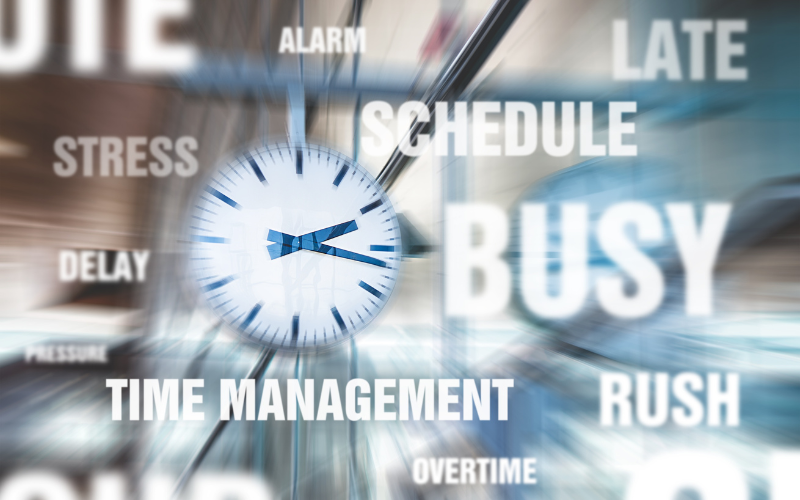So What is Mental Health?
Mental health is our state of mind, our emotional and psychological well-being. It determines how we cope with day-to-day issues.
Mental Health is complex and changeable, it needs to be acknowledged and looked after.
Why is it so important?
Our mental health is as important as our physical health. An individual with good mental health will be a good employee, husband/wife, mother/father, colleague, and friend.
So, What is ‘Mental Ill Health’?
Mental ill health by its very definition is when we are mentally unwell, we can feel unable to cope with stress and anxiety which can lead to depression and addictive behaviour. Mental ill health can lead to a feeling you cannot see a way forward.
In contrast, people with good mental health are capable of setting goals and being able to achieve them.

The Mental Health Continuum
This is a scale used to attempt to determine the state of an individual’s mental health.
The scale is divided into 5 levels as follows:
In Crisis
- Very anxious
- Absenteeism
- Weight loss
- Exhausted
Struggling
- Anxious
- Depressed
- Poor performance
- Tired
Surviving
- Worried
- Sad
- Distracted
- Withdrawn
Thriving
- Positive
- Calm
- Performing well
- Normal social activity
Excelling
- Happy
- Energetic
- Performing above par
- Reaching full potential

Some Examples of Mental Ill Health
Suicidal
Where someone feels they can no longer carry on with life. Where they can see no hope for the future.
Depression
A feeling of being very low for a sustained period of time. Depression can make people insular and want to isolate themselves from others.
Worried
When you feel anxiety in your everyday life, but you are able to cope with it in isolation. Anxiety shows through physical symptoms and may result in panic attacks.
Eating Disorders
An obsessive behaviour that may be triggered by PTSD, anxiety, and low self-esteem. Examples of eating disorders can include Anorexia and Bulimia.
Self-Harming
Where an individual can inflict physical pain upon themselves. Another example of self-harm is when an individual puts themselves at unnecessary risk such as starting fights.
Mental Ill Health Factors
Mental ill Health can be influenced by factors in an individual’s personal, educational, and work lives.
In a work environment, the following can all lead to stress, anxiety, and feeling vulnerable:
- Being overworked
- Lack of training and therefore not being qualified to perform a role
- Return from sickness
- Lack of objectiveness
Outside of work pressures can also lead to mental ill health:
- Relationship breakdowns
- Grief
- Financial worries
- Poor physical health

What can we do to improve our Mental Health as Individuals?
Get Outside
Being outdoors is great for our mental well-being. Spending time in nature lifts our spirits and helps with coping strategies.
Physical Activity
Physical activity, be that walking or sport releases endorphins that make us feel good. Physical tiredness can also help us to sleep better.
Nutrition
Eating well has many physical and mental benefits. A balanced healthy diet leads to feeling more energetic which in turn makes us feel more capable of physical activity. A healthy diet also reduces mood swings.
Sleep
Adequate rest and sleep are essential to good mental health, a lack of sleep leads to tiredness that leads to wanting energy which leads to a poor diet.

As Employers What Can We Do to Support Our Employee’s Mental Well-being?
It is important to notice the signs of mental ill health, is someone quieter than normal, more withdrawn, missing social events, looking tired all the time for no apparent reason, have they recently suffered a loss, had a relationship breakdown etc.
If you do see a change in an individual’s behaviour or your team report to you that they have seen a change in a colleague, then you need to take some steps to help:
- Talk to the person or offer for them to talk to someone else if they do not feel comfortable talking to you.
- Listen intently, don’t judge, show empathy, give reassurance, give the person time, offer resources, and don’t offer solutions.
Resources for supporting individuals can include a Mental Health First Aider (MHFA), NHS England, Public Health England, and Charities.
Mental Health Awareness at KFA Connect
At KFA Connect we take our employee’s mental well-being very seriously.
Senior Management attends regular training on how best to support our employees and are always looking for new ways to support our hardworking team.
One of these ways includes our Employee Benefits program, Perkbox which offers curated ‘Wellness’ content for mental health and well-being as well as giving monthly points to every employee which can be used for a ‘perk’ of their choice. There are meditation sessions, Yoga & Pilates, sleep stories, workouts, music, and webinars as well as talking therapy and hypnotherapy on offer. It is also a way for peer-to-peer recognition to be shared within the team – especially important since we have adopted a hybrid approach to working, post-covid.
We believe that it’s the little things that make a difference, like giving our team Amazon vouchers on Employee Recognition Day in March and holding social events throughout the year to make sure we all spend time together as a team are all really important.
Richard Austin
KFA Connect – Director
29th March 2023
Get in touch with our team today.



